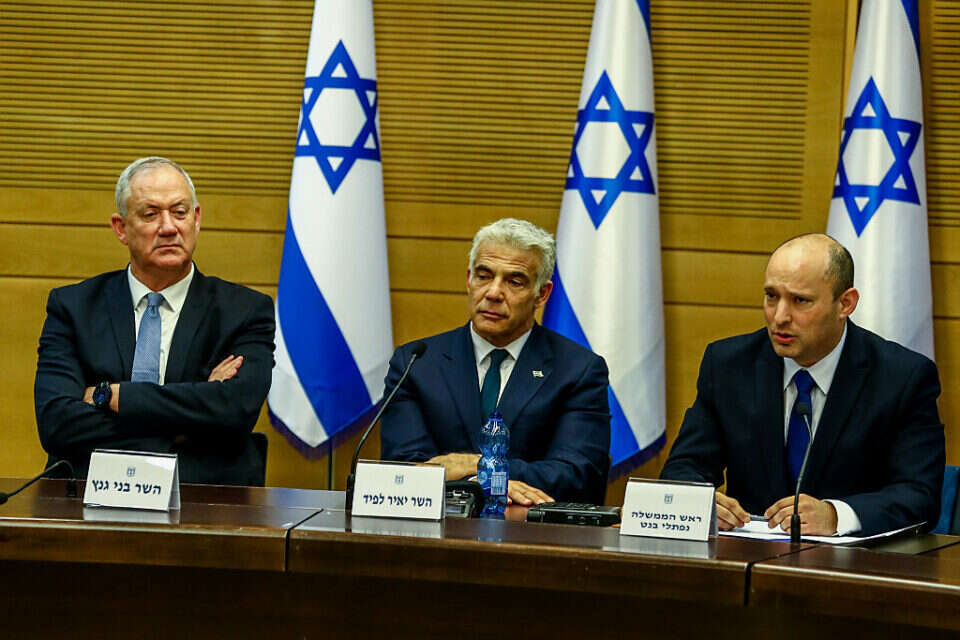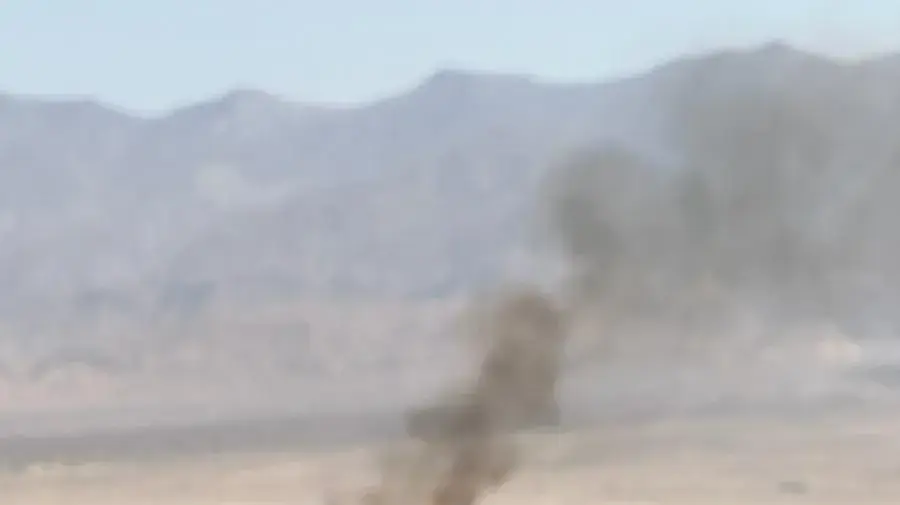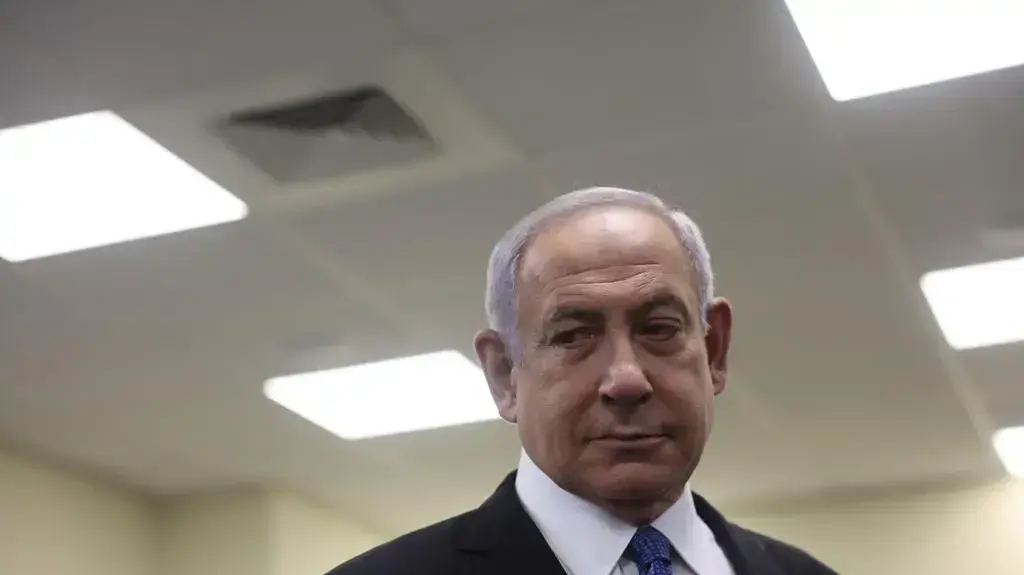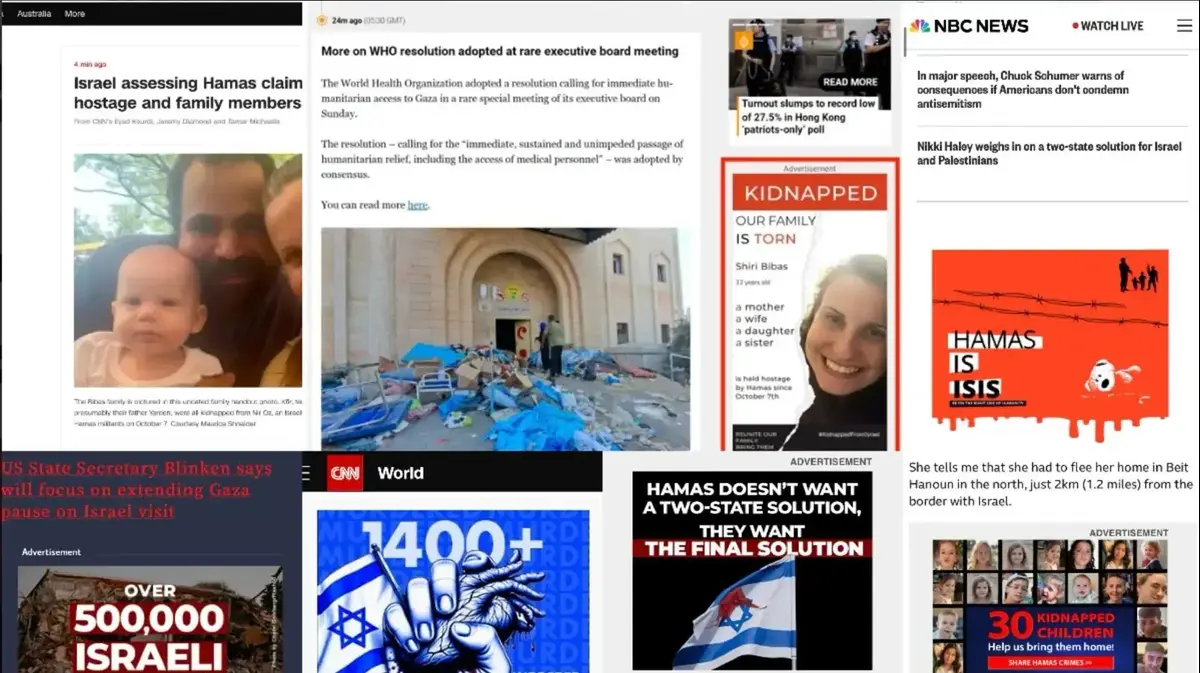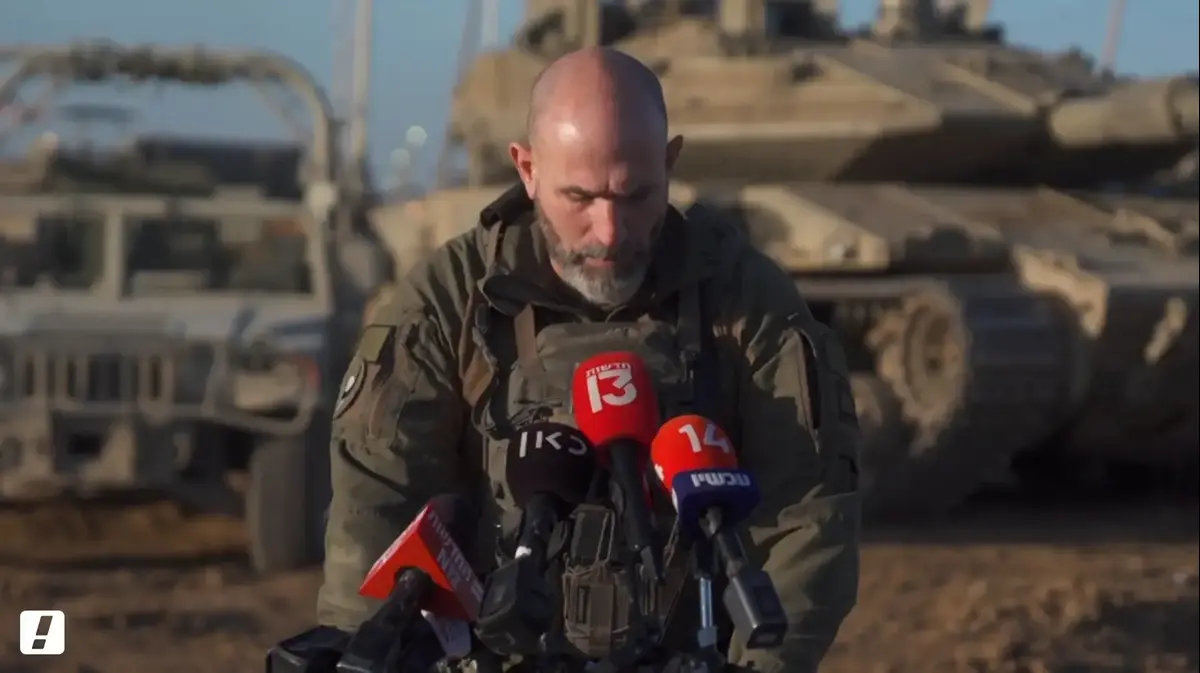The need to confirm a security concept in the cabinet has risen sharply in recent decades, including several idle attempts, but the latest approved concept is still a 1953 Ben-Gurion document.
In the US, the law requires a president to publish a security clearance upon taking office.
In Israel, the formulation of the concept by the Prime Minister personally is a rare event, but it is the only way to present a comprehensive security concept of the Prime Minister, even without formal approval, given the inherent political and economic complexity of security perception, which prevents approval of the coalition government structure in Israel.
In 2018, Netanyahu finished formulating a security concept, according to him.
The document was written by him personally, with the assistance of the headquarters (Secretary of State, MLA) and a small number of experts.
It is of course classified, but important and important parts of the CBS have been approved for publication.
The challenges we face require that Bennett, and preferably in collaboration with Lapid and Gantz, confirm (or change) the updated concept and publish it, in order to convey the main messages to the executive bodies in the country, and especially to our immediate and distant surroundings.
In Vienna, negotiations on the nuclear agreement resumed, in the north the threat of precision weapons increased, and in the south, preparations for a potential deterioration in Gaza and Judea and Samaria continued.
Bennett, Lapid, Ganz and Herzog addressed the nuclear threat and made a firm demand - and no less important, in one voice - not to allow Iran to continue to dictate the tone and drag its feet in negotiations, while developing its capabilities and approaching nuclear "threshold state" status.
Israel would be happy to see a good and comprehensive agreement that would disable Iran's ability to reach a nuclear, forever and in all directions, but that is not going to happen.
The American approach, to which the Europeans have no choice but to join, is to continue in complete surrender to the Iranians and also not to punish them for the violations they have committed and are still committing.
The American aspiration is an agreement known as "Less for Less - Less for Less", and recently referred to as "Freeze for Freeze".
It's a "More for less", "much more for much less" agreement.
Removing sanctions, even if partial, will bring billions of dollars into Iran, make it possible to rehabilitate the economy and support terrorism, and send a message to the markets that doing business with Iran is permissible and worthwhile.
The Iranian reward will be ridiculous and absurd, the sins of the past will be "whitened" and progress to the final stage of becoming a threshold state will be frozen - an action they can take in no time, in accordance with the emerging agreement.
Israel has defined three "red lines" in the north, the violation of which will lead to a response: the transfer of "equality" weapons from Iran through Syria to Hezbollah (accurate weapons), Iranian establishment in Syria, including militias, in a possible settlement, and the formation of a terrorist infrastructure on the border.
Despite the intense Israeli activity, which according to foreign publications has increased very recently, the threat is growing.
In light of the American approach, there is a good chance - despite the pessimism scattered by the powers - that the negotiations in Vienna will lead to a much worse agreement than the bad agreement signed in 2015, and the final decision is in my opinion only in the hands of the Iranians.
As Israel declares that it will not allow Iran to advance to a nuclear, or "threshold state" status, and in light of the development of the exact threat in the north and Hezbollah's commitment to join an Israeli-Iranian conflict, the importance of emphasizing and affirming some new security concerns has increased.
The guiding principles of the concept (some new and some from the past) designed by Netanyahu were that the weak Middle East does not survive, so we must fortify our strength and relative advantage, address the inherent asymmetry with our enemies and strengthen ties with our friends, with an emphasis on the US. Powerful legs: Military, economic, political and social.
The concept includes an in-depth analysis of the expected threat, the reference outline, the principles of the use of force and the principles of power building.
To advance the response to the threats mentioned above, I have chosen to emphasize only a small number of key (mostly new) points in the concept, which have been approved for publication.
The Bushehr nuclear reactor // Photo: AP // The Bushehr nuclear reactor,
The expected threat and the reference outline include a continuous and ongoing threat to the home front, the presence of accurate weapons and the possibility (which must be prevented in every way) of a nuclear in enemy countries.
The principles of the use of force include a determination that there will be no immunity for the attackers but also for their senders, and there is a readiness to harm national infrastructure and dual assets, in the countries from which it was attacked, in order to shorten the fighting, along with continued readiness for ongoing MVM.
In the principles of power building, the emphasis is on cultivating the human resource and leaving the outstanding, while along with the continued disproportionate investment in intelligence and the Air Force, significant force will also be built on land, population protection will continue (passive and active) .
The Nablus must internalize that the precision project threatens Lebanon, which is collapsing, and if the production of precision missiles and the conversion of the old ones continues on Lebanese soil - Israel will have no choice, which could degenerate into war and the collapse of Lebanon.
It is possible that Lebanon's situation will make Nasrallah think twice before joining an Israeli-Iranian conflict - even though the Iranians have invested in it over the years - but Israel must not build on that, and act accordingly.
The Iranian leadership is confident that its economy will withstand the current pressures, and at the same time there is no credible threat to the regime, the lives and property of its citizens.
Confirmation and publication of the unclassified parts of the security concept is essential to make it clear to the Iranians that the era of treatment is over only "in the paws of the cat", and in the next confrontation the "cat and its head" will also be addressed.
Nuclear treatment is still paramount and should not be confused with other issues, including precision weapons, which need to be addressed separately.
Our enemies and friends need to be aware of perception and intentions.
In my view, on these issues there are no significant differences between the current and previous leadership.
Were we wrong?
Fixed!
If you found an error in the article, we'll be happy for you to share it with us

